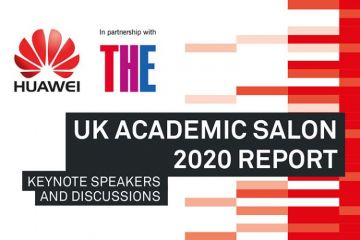Richard Hudson's support for abolishing the honours classification system (THES, April 11), however welcome, nevertheless concentrates on the irrationality of the process rather than the purpose it needs to serve. He suggests, albeit without much enthusiasm, that "it might be helpful to produce a mechanical grade-point average" but, one wonders, helpful to whom?
Simon Jenkins, writing in The Times last year, declared that "no nation can afford to bless the third of its young people with three years of ungainful occupation totally at the expense of the state, nor has anyone ever proved that it is an investment". However, he might have been less ready to brand higher education as an "ungainful occupation" if its outcomes were made more explicit. Indeed, our concern, and surely that of Dearing, should be that no nation (or business organisation or individual for that matter) can afford to invest in a system that fails to provide the learner with conclusive proof of what has been achieved, and the necessary means by which to prove those capabilities to others.
Mr Hudson asks "what else can we say about a student beyond what is shown by their transcript of course results, plus our references?" The answer, of course, is a great deal. What use is a mere transcript of course results as a basis for presenting to others what one knows, understands and is now able to do or, in a future world of recurrent learning, as a basis upon which to build one's own personal and professional development?
The time has certainly come to bury the honours classification system. But we must replace it with an approach to recognising higher-level learning which is of genuine relevance beyond the day of the degree ceremony and which clearly demonstrates the outcomes of higher education to all those for whom it represents a major investment. Hopefully, the successor to the national record of achievement, which Dearing recommended be introduced throughout higher education and employment, will provide the necessary support, helping to emphasise continuity rather than completion.
John Berkeley Manager, Education and Careers, The Rover Group
Register to continue
Why register?
- Registration is free and only takes a moment
- Once registered, you can read 3 articles a month
- Sign up for our newsletter
Subscribe
Or subscribe for unlimited access to:
- Unlimited access to news, views, insights & reviews
- Digital editions
- Digital access to THE’s university and college rankings analysis
Already registered or a current subscriber?








